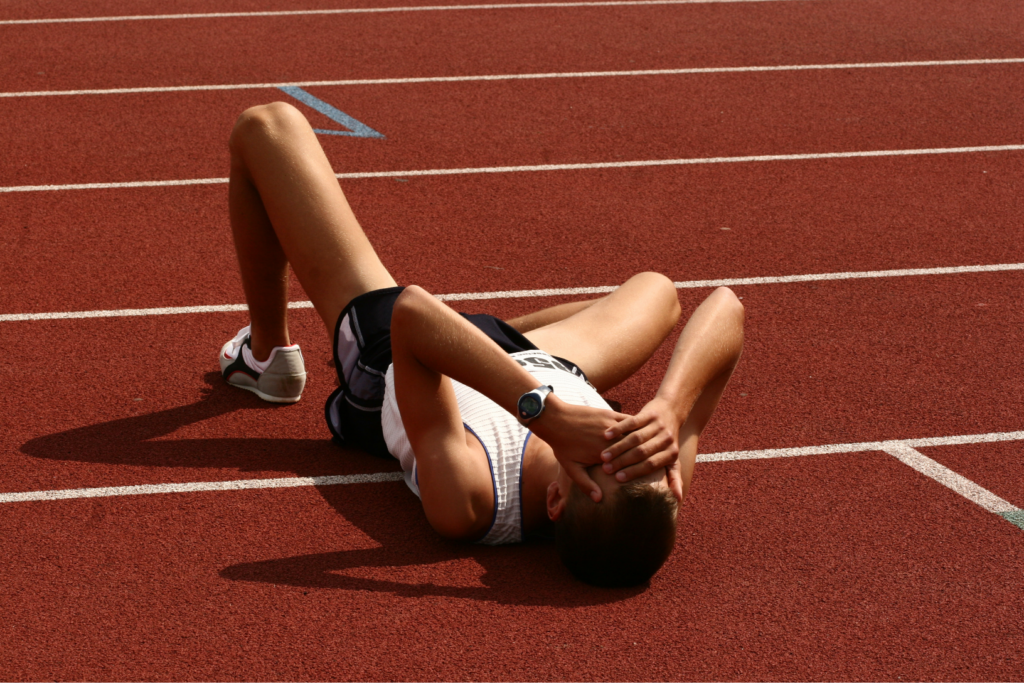April 2023
DEHYDRATION
What is it?

Dehydration is a condition in which the body loses more water than it takes in. It is a common problem worldwide, especially in places with warm and humid climates, and in people who engage in intense physical activity. Dehydration can affect people of all ages and can be dangerous in severe cases.
Dehydration occurs when the amount of fluid in the body is insufficient to maintain normal functioning. The body needs water to regulate body temperature, transport nutrients, and eliminate waste, among other essential functions. If the body loses more water than it takes in, a range of negative effects can occur in the body, from a reduction in physical performance to more serious health problems.

Dehydration can occur for different reasons, including lack of fluid intake, excessive sweating, diarrhea, or vomiting. In athletes, dehydration is often the result of a combination of excessive sweating and lack of fluid intake.
Preventing dehydration is crucial, especially during the summer months and in situations where there is loss of body fluids. It is recommended to drink enough water and other fluids throughout the day, especially during physical exercise. Athletes can use different methods to assess their hydration status, such as measuring their weight before and after exercise or examining the density of their urine.

Typical Symptons
Dehydration can cause a variety of symptoms that affect different parts of the body. One of the most common symptoms of dehydration is thirst, which is a signal that the body needs more water. Other common symptoms of dehydration include dry mouth and throat, as well as a feeling of tiredness or fatigue.
As dehydration worsens, symptoms can become more severe. The skin can become dry and sticky, and it is possible to experience headaches and dizziness. In more severe cases, dehydration can cause muscle cramps, nausea, and vomiting. Urine can also be darker in color than normal, indicating that the body is trying to conserve water.
It is important to note that the symptoms of dehydration can vary depending on a person’s age and overall health. Young children and the elderly may experience different symptoms than adults, and people with certain medical conditions may be more prone to dehydration. If you experience any symptoms of dehydration, it is important to drink water or fluids containing electrolytes and seek medical attention if symptoms do not improve.

